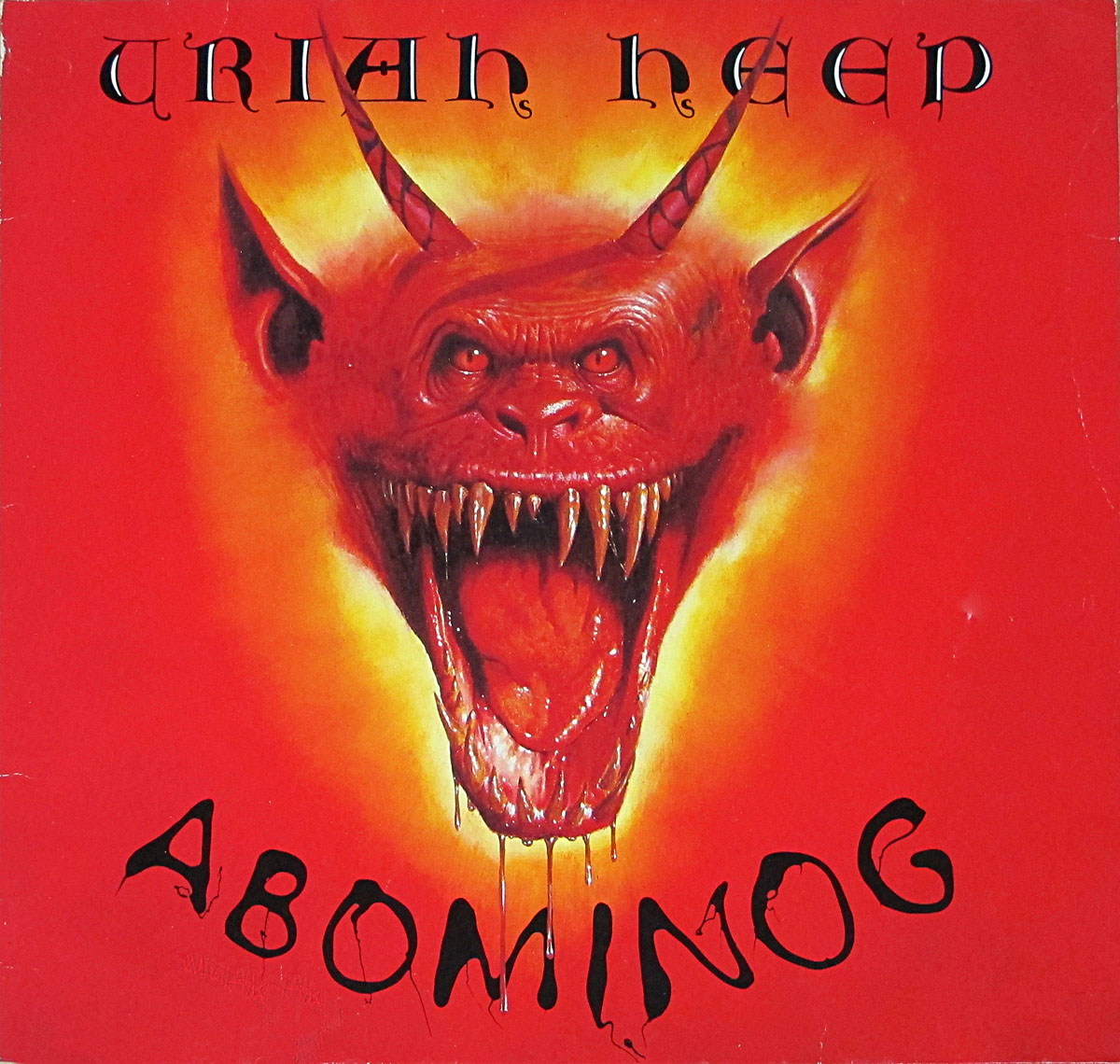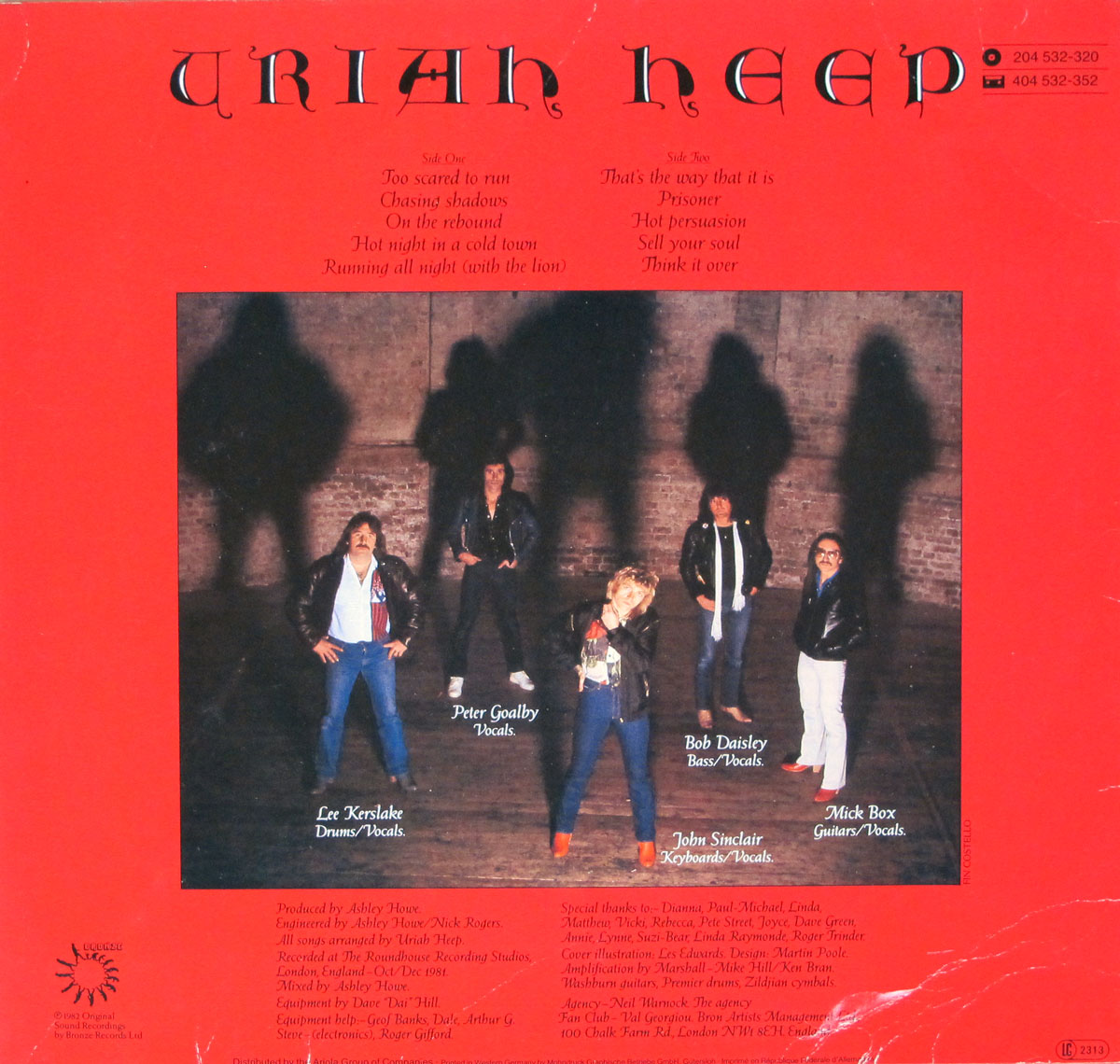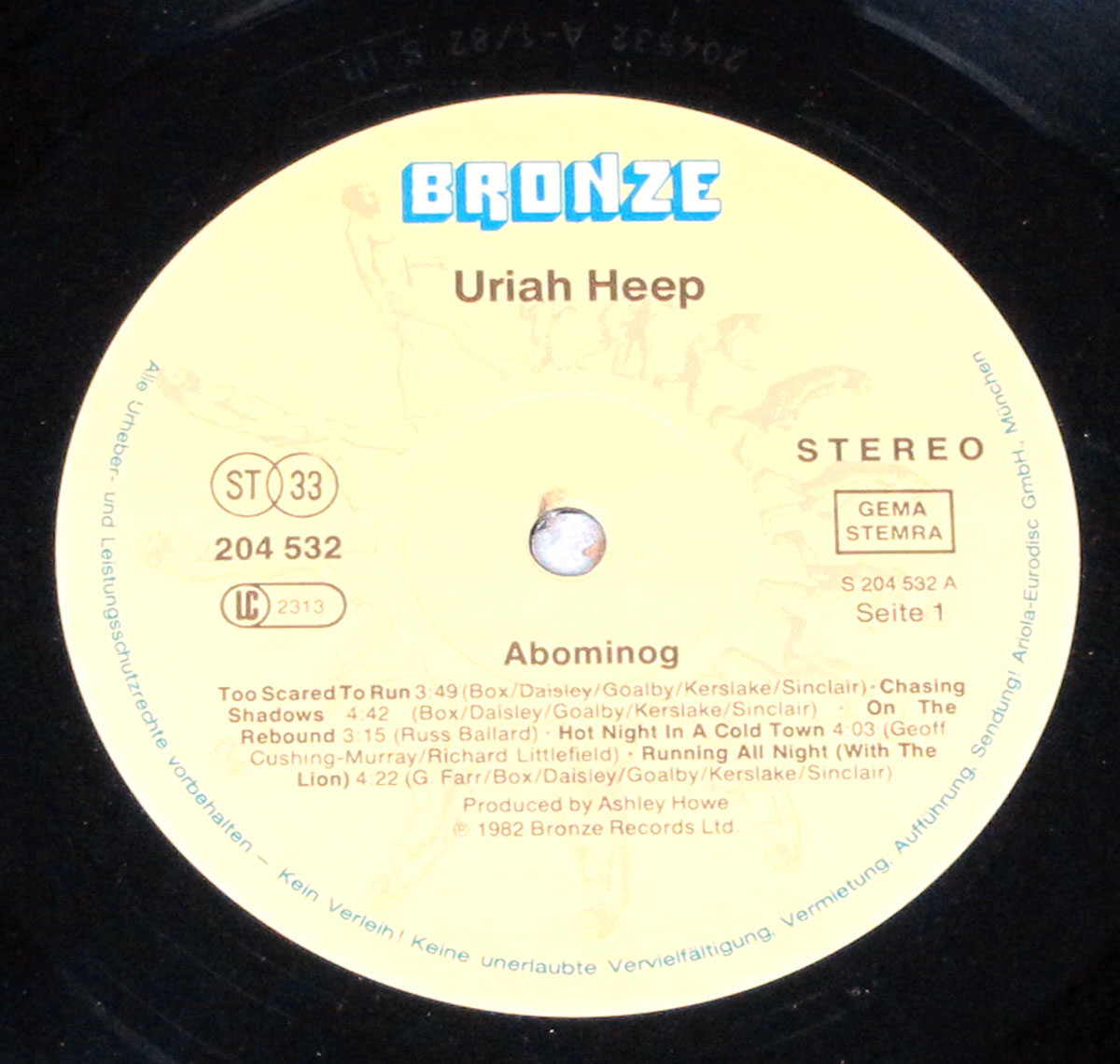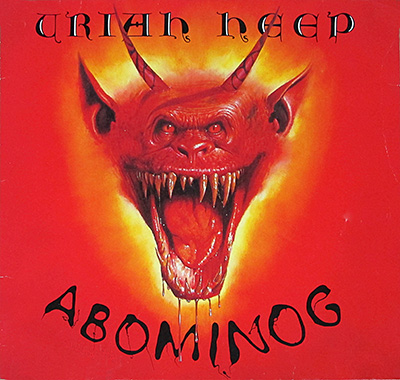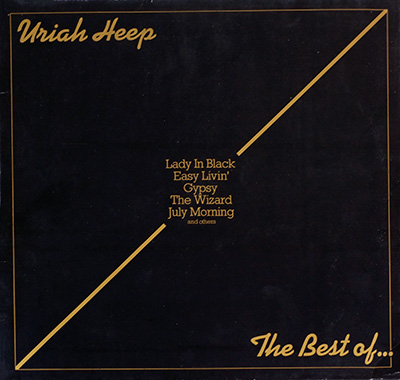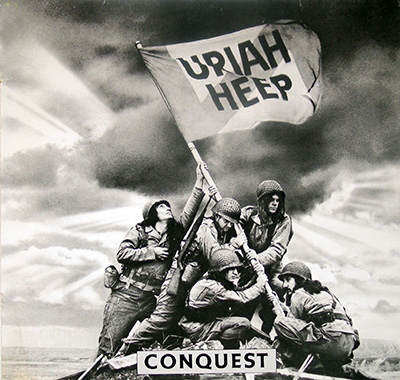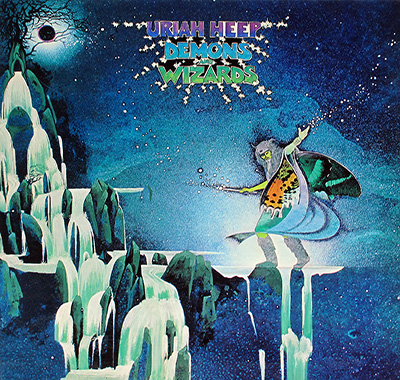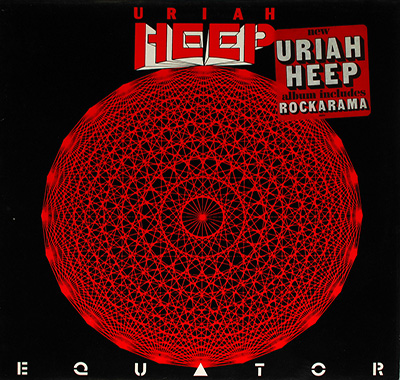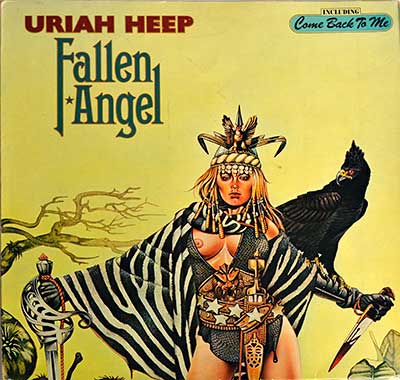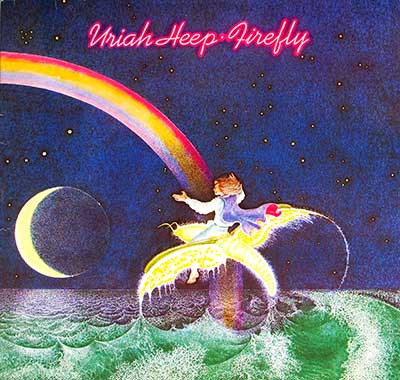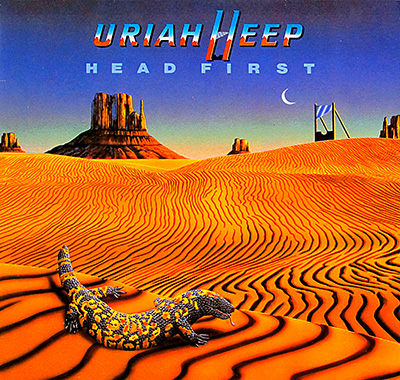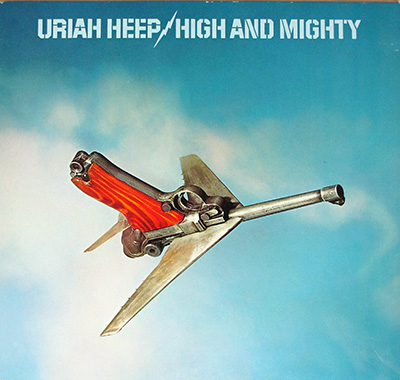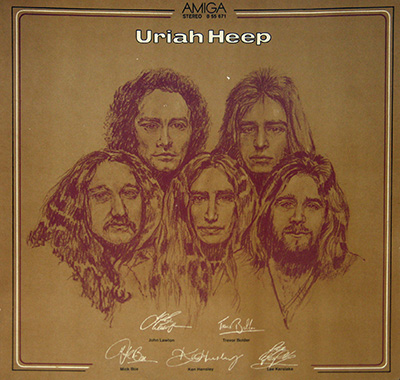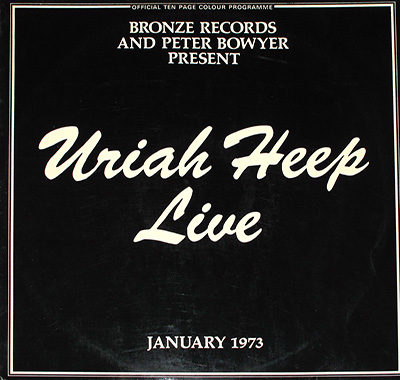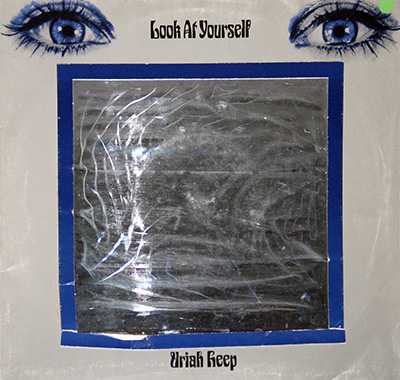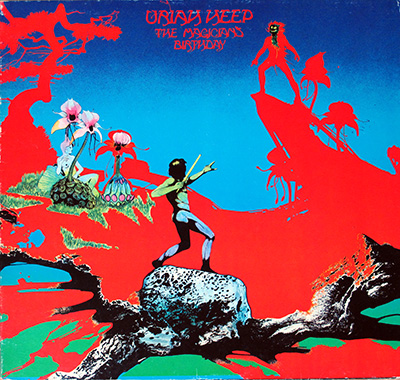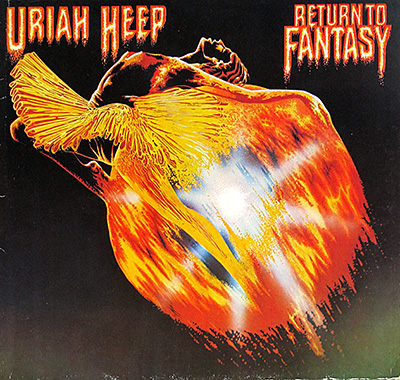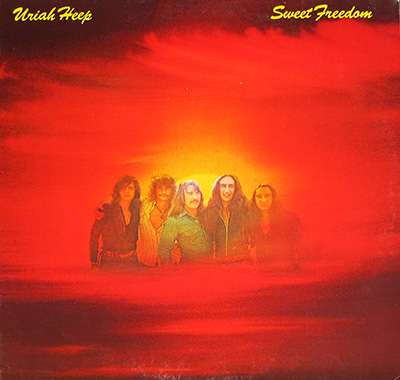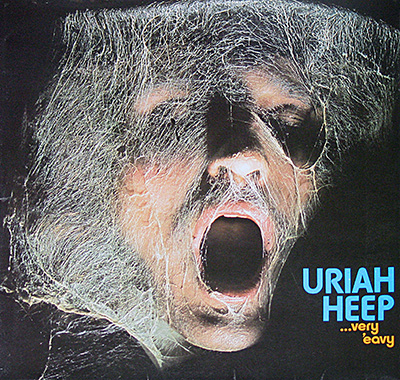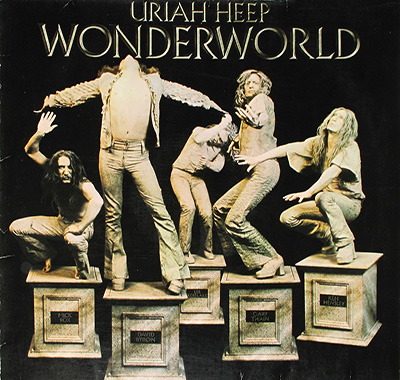Uriah Heep's 1982 album "Abominog" marked a significant turning point for the band, embracing a more modern hard rock sound while staying true to their roots. Within this revitalized sound lies two powerful tracks: "Too Scared to Run" and "On the Rebound," both exploring themes of facing adversity and bouncing back stronger.
Too Scared to Run:
This dynamic track opens with a driving rhythm and a catchy riff that instantly grabs your attention. Lyrically, "Too Scared to Run" delves into the struggle of confronting one's fears and anxieties. The protagonist finds themselves trapped in a situation, paralyzed by fear, but ultimately realizes they must face their challenges head-on.
The chorus delivers a powerful message: "Too scared to run, but I'm not afraid to fight." It's a declaration of defiance, a refusal to succumb to fear. This resilience and determination resonates strongly, reminding listeners that even when faced with seemingly insurmountable obstacles, there's always a way to fight back.
On the Rebound:
This energetic and upbeat song carries a similar message of resilience, focusing on overcoming setbacks and bouncing back from disappointment. The lyrics paint a picture of someone who has experienced heartbreak or failure but refuses to let it define them.
The chorus captures this sentiment perfectly: "I'm on the rebound, picking up the pieces, learning how to fly." It's a testament to the human spirit's ability to heal and grow stronger through adversity. "On the Rebound" encourages listeners to embrace their setbacks as opportunities for learning and self-discovery.
The Significance of These Songs:
Both "Too Scared to Run" and "On the Rebound" strike a chord with listeners because they tackle universal experiences of facing fears and overcoming challenges. These songs offer a sense of hope and encouragement, reminding us that even in the darkest moments, we possess the strength to persevere.
These tracks also represent an important shift in Uriah Heep's musical direction. While retaining their signature hard rock sound, the band incorporated more modern elements, resulting in a fresh and accessible feel. This revitalization resonated with both long-time fans and newcomers, ensuring "Abominog" a place among the band's most beloved albums.
"Too Scared to Run" and "On the Rebound" remain powerful anthems of resilience, showcasing Uriah Heep's ability to deliver both musical excellence and lyrics that speak to the human experience. Whether you're a seasoned fan or new to the band, these tracks are well worth revisiting for their inspiring messages and timeless rock energy.
